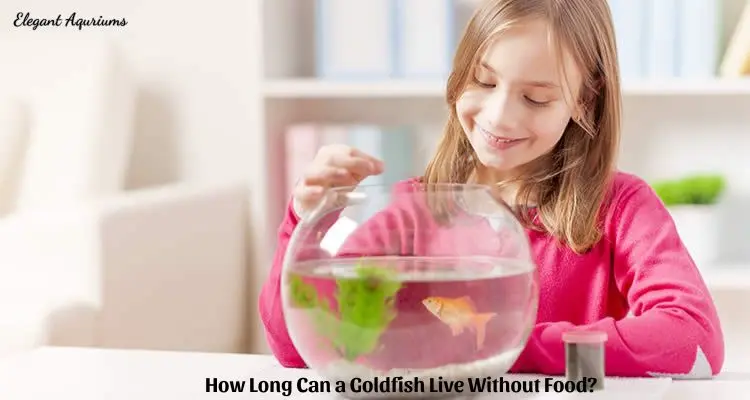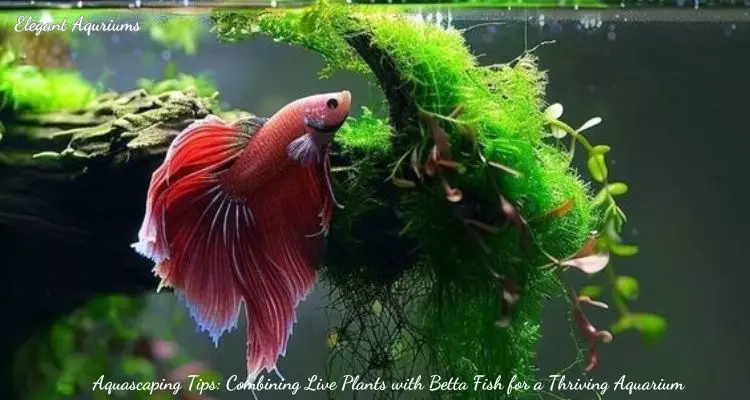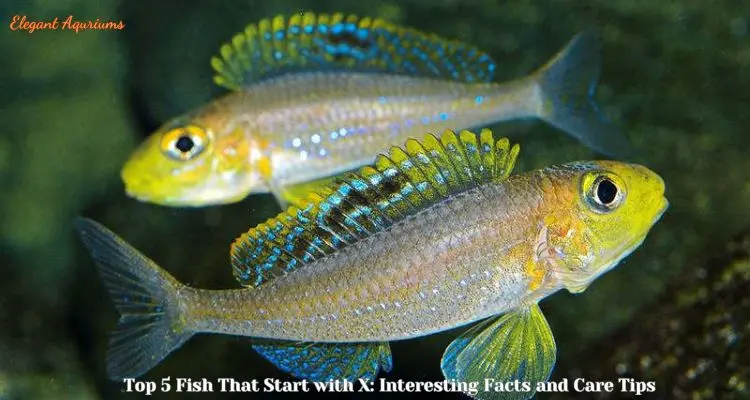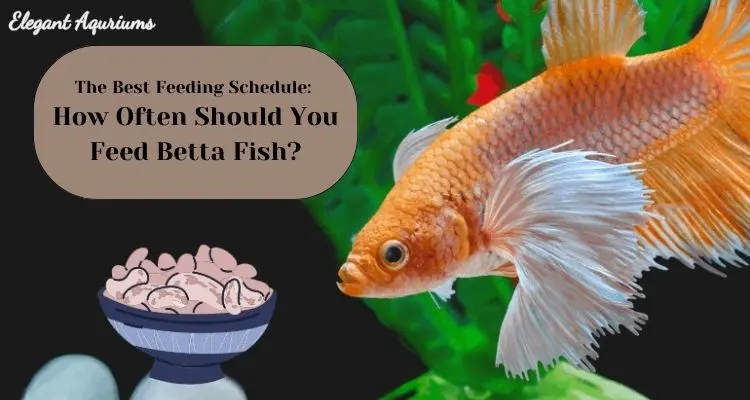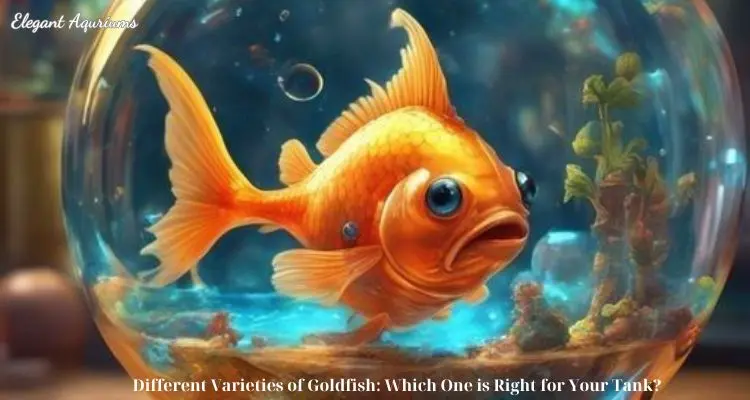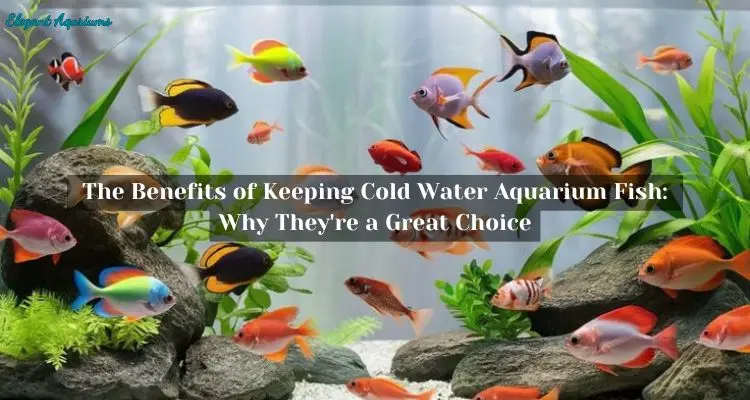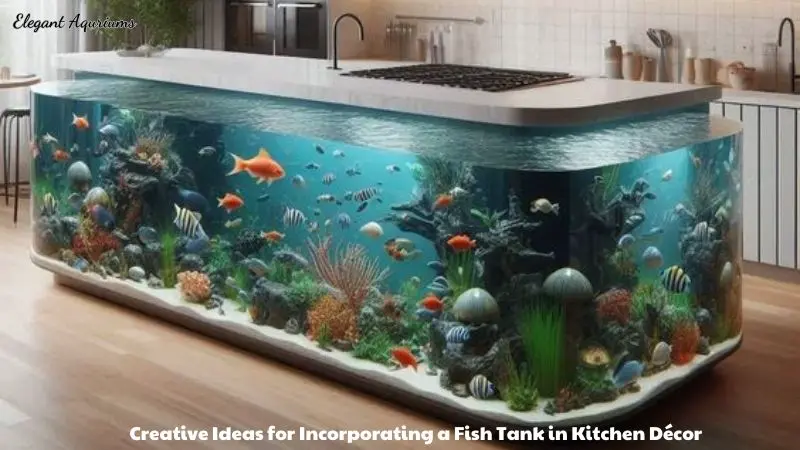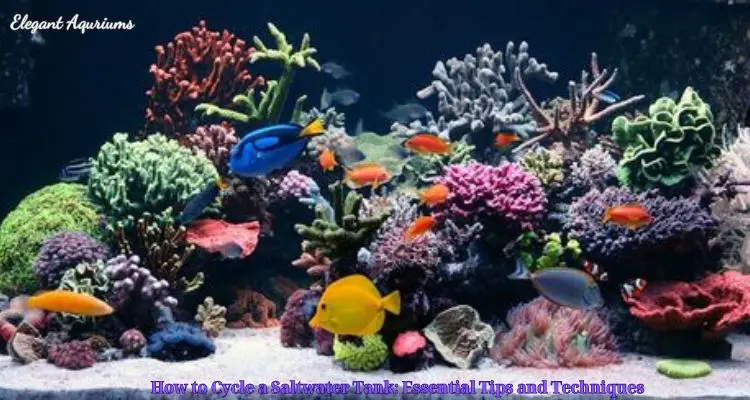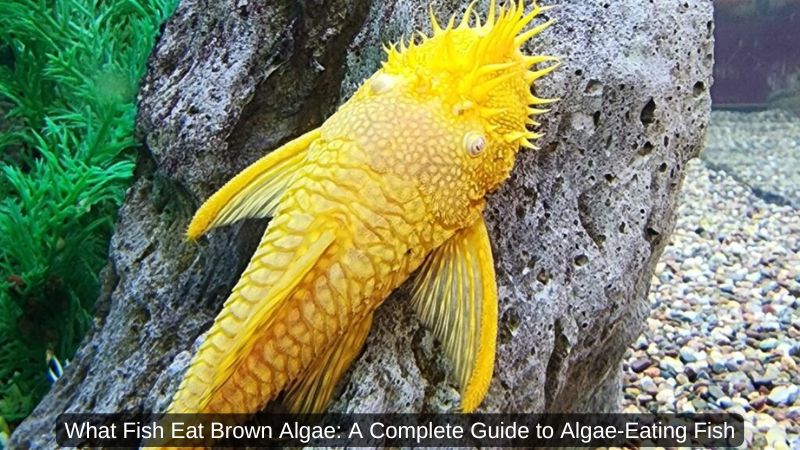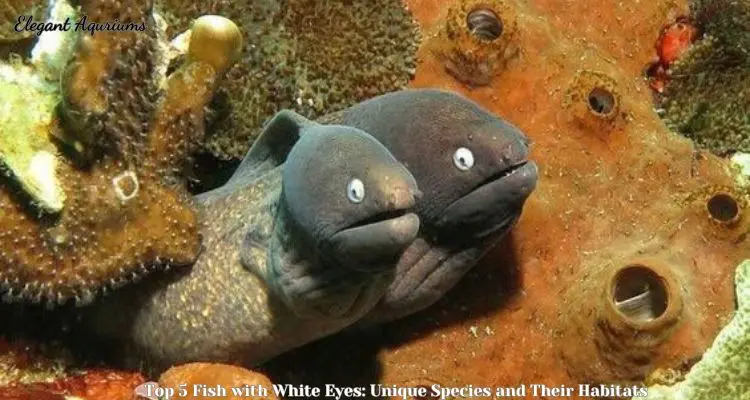Fish care
How Long Can a Goldfish Live Without Food? Essential Survival Tips
Goldfish are among the most popular pet fish, known for their vibrant colors and easy care. However, a common question many owners ask is, “How long can a goldfish live without food?” This concern is especially relevant when leaving fish unattended during vacations or unexpected situations. Understanding the limits of a goldfish’s ability to survive without food is crucial for ensuring their health and well-being. In this article, Elegant Aquriums will explore how long a goldfish can live without food, the factors that influence this, and essential tips for keeping your goldfish healthy even when you’re not around.
Understanding the Goldfish’s Metabolism
Goldfish as Cold-Blooded Animals
Goldfish are cold-blooded animals, meaning their body temperature is regulated by the temperature of their environment. This is a key factor in understanding how long they can survive without food. In colder water, a goldfish’s metabolism slows down, reducing its need for food. Conversely, in warmer water, their metabolism speeds up, and they require more frequent feeding.
Energy Reserves and Fasting
Goldfish, like many other animals, have energy reserves stored in the form of fat. These reserves are used during periods of fasting or when food is scarce. The amount of time a goldfish can survive without food depends on its overall health, the size of its fat reserves, and its activity level. Healthy, well-fed goldfish with substantial fat reserves can survive longer without food compared to those that are underweight or ill.
How Long Can a Goldfish Live Without Food?
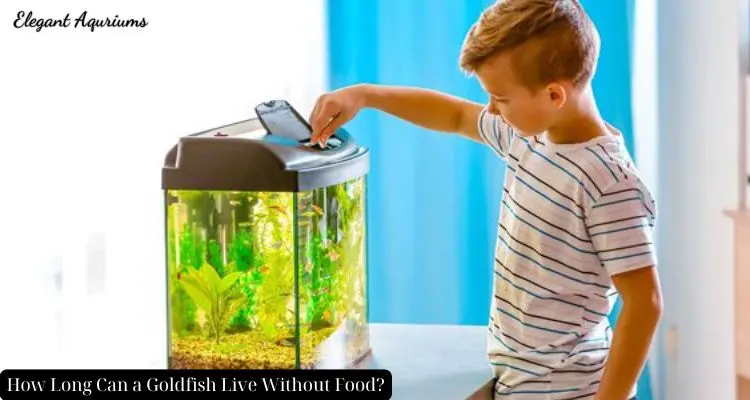
Typical Duration Without Food
“How long can a goldfish live without food?” On average, a healthy goldfish can survive without food for about one to two weeks. This duration can vary depending on several factors, including the fish’s age, size, health, and the water temperature. It’s important to note that while goldfish can survive for this length of time without food, it is not ideal, and they may experience stress and a weakened immune system as a result.
Factors Influencing Survival Time
- Water Temperature: As mentioned earlier, water temperature plays a significant role in determining how long a goldfish can live without food. In colder water, a goldfish’s metabolism slows down, allowing it to conserve energy and survive longer without food. In warmer water, the opposite occurs, and the fish may need food more frequently.
- Fish Size and Age: Larger and older goldfish typically have more fat reserves and can survive longer without food than smaller, younger fish. Juvenile goldfish have higher energy requirements for growth and may not survive as long without food.
- Health Status: A goldfish’s health also impacts its ability to survive without food. Healthy fish with strong immune systems and good overall condition will fare better during periods of fasting than fish that are already stressed or ill.
Risks of Prolonged Fasting
While goldfish can survive for a period without food, prolonged fasting can lead to several risks:
- Weakened Immune System: Without regular nutrition, a goldfish’s immune system may weaken, making it more susceptible to diseases and infections.
- Stress and Behavioral Changes: Lack of food can cause stress, which may lead to behavioral changes such as lethargy, decreased activity, and increased aggression towards tank mates.
- Organ Damage: Prolonged fasting can cause damage to internal organs as the fish’s body begins to break down muscle tissue for energy once fat reserves are depleted.
Preparing Your Goldfish for Short-Term Fasting
If you anticipate that your goldfish will be without food for a few days or longer, there are several steps you can take to support their survival and minimize the impact of fasting. Here are some essential tips to ensure your goldfish’s well-being during periods without food:
Prepare Your Goldfish in Advance
If you know in advance that your goldfish will go without food, it’s essential to prepare them for this period. Gradually reduce the amount of food you offer in the days leading up to the fast, allowing their metabolism to adjust. This approach helps prevent sudden changes in their diet, which can be stressful for the fish.
Ensure Optimal Water Quality
Maintaining high water quality is crucial for your goldfish’s health, especially when they are not being fed. Perform a water change before the fasting period to ensure clean and healthy water conditions. Regularly test the water parameters, including ammonia, nitrite, nitrate, and pH levels, and make adjustments as needed to keep the water stable.
Lower the Water Temperature
If possible, consider lowering the water temperature slightly (within a safe range) to reduce your goldfish’s metabolic rate. This can help them conserve energy and extend their survival time without food. However, avoid making drastic temperature changes, as this can stress the fish.
Provide Natural Food Sources
In an established tank, your goldfish may have access to natural food sources such as algae or plant matter. You can encourage the growth of algae by leaving the tank light on for longer periods in the days leading up to the fasting period. If you have live plants in the tank, they can also serve as a supplemental food source for the goldfish.
Consider Using an Automatic Feeder
If you’re going to be away for an extended period, using an automatic feeder can be a great solution to ensure your goldfish receives regular feedings. Automatic feeders are programmable devices that dispense food at set intervals, providing your goldfish with small amounts of food even when you’re not around. Be sure to test the feeder in advance to ensure it works correctly and doesn’t overfeed or underfeed your fish.
Monitor Your Goldfish
Upon your return, observe your goldfish closely for any signs of stress or malnutrition, such as lethargy, faded colors, or loss of appetite. Resume feeding gradually, starting with small amounts of easily digestible food, such as soaked pellets or flakes. Avoid overfeeding, as this can cause digestive issues, especially after a period of fasting.
Preventing Future Food Shortages
To avoid situations where your goldfish might go without food, consider the following preventive measures:
Plan Ahead
If you have upcoming travel plans or know you’ll be away from home, plan ahead to ensure your goldfish are cared for. Arrange for someone to feed your fish, or invest in an automatic feeder that can take care of feedings during your absence.
Stock Up on Supplies
Keep an adequate supply of fish food on hand so that you’re never caught without food for your goldfish. Check the expiration dates on your fish food, as old or expired food can lose its nutritional value and may even be harmful to your fish.
Establish a Routine
Consistent feeding routines help maintain your goldfish’s health and reduce the risk of forgetting to feed them. Try to feed your goldfish at the same time each day, and use a reliable feeding schedule to ensure they receive the right amount of food.
Consider a Vacation Feeder
Vacation feeders, which are slow-dissolving blocks of food, are another option for short-term feeding needs. These blocks release small amounts of food over several days and can be useful for weekend trips or short absences. However, be cautious with vacation feeders, as they can sometimes cloud the water or alter the water chemistry.
Know Your Fish’s Needs
Different goldfish have different dietary needs based on their age, size, and health status. Understanding your goldfish’s specific nutritional requirements will help you provide the right type and amount of food, ensuring they remain healthy and well-nourished.
Supporting Your Goldfish’s Health Post-Fasting
- Gradual Refeeding: After a period of fasting, it’s important to reintroduce food gradually. Start with small, easily digestible meals, and gradually increase the portion size over several days. This helps prevent digestive issues and allows your goldfish to adjust to regular feeding again.
- Monitoring for Health Issues: Keep a close eye on your goldfish’s behavior and health after a period without food. Look for signs of stress, such as lethargy, loss of appetite, or changes in coloration. If you notice any issues, consider adjusting their diet or water conditions, and consult a veterinarian if necessary.
- Regular Tank Maintenance: Regular tank maintenance is crucial for supporting your goldfish’s health, especially after a period of fasting. Continue to monitor water quality, perform regular water changes, and ensure your filter is working effectively. This will help prevent any post-fasting health issues and promote a healthy environment for your goldfish.
Conclusion
In conclusion, a goldfish can generally survive 1 to 2 weeks without food, depending on factors like water temperature, age, health, and tank conditions. However, it’s not advisable to leave them unfed for extended periods, as this can cause stress and health issues. To ensure your goldfish’s well-being during such times, maintain optimal water quality, consider using an automatic feeder, and plan ahead. Regular feeding and attentive care are crucial to keeping your goldfish healthy and thriving.

